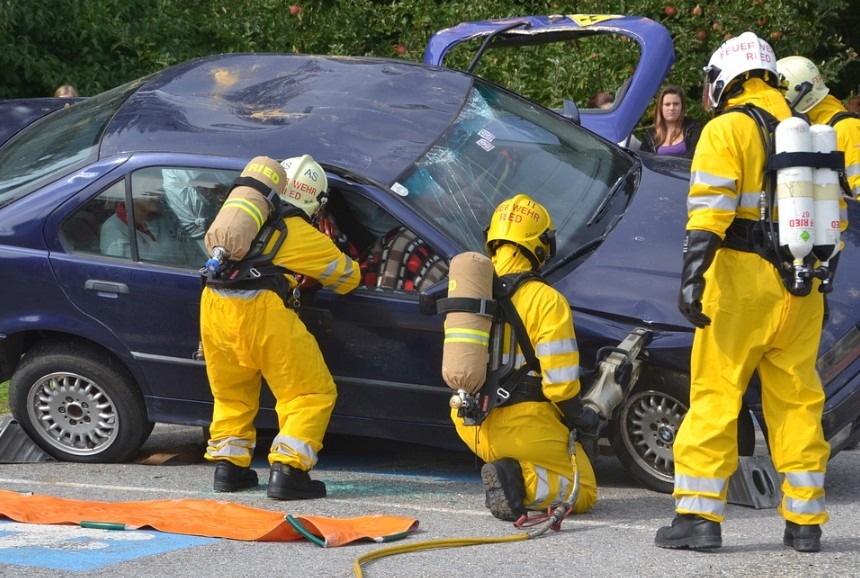2015 statistics indicate that, in the US, motor vehicle accidents are the leading cause of death in people who are thirty years old and younger. And, more than 35,000 people were killed, and circa 2.5 million people injured in road accidents.
Consequently, the question that must be asked and answered is: What are the legal consequences of a Las Vegas auto accident?
Motor vehicle accident law versus the Tort law
As part of the answer to this question, let’s consider a comprehensive definition of US car accident law:
Hg.org defines motor vehicle accident law “refers to the legal rules that determine who is responsible for the personal and property damage resulting from a traffic collision.” It includes the “principles of negligence, as applied to this particular category of personal injury cases.” Finally, road accident litigation is “governed almost entirely by state law.” In other words, motor vehicle accident cases are heard in the state courts, not the federal courts.
Because, the “principles of negligence” are governed by the Personal Injury or Tort Law, let’s look at a succinct definition of the Tort law:
Essentially, a tort or personal injury is an “act or omission that gives rise to injury or harm to another and amounts to a civil wrong for which courts impose liability.” And, the Personal Injury Law is the set of statutes that make sure that restitution, often in the form of a financial settlement, is made.
The legal consequences of an auto accident
A car accident or traffic collision occurs when one motor vehicle collides with either another car, pedestrian, immovable object, animal, or road debris. Unfortunately, the outcomes of a road accident include death, injury, damage to property, or a combination of these.
When considering these definitions, it is reasonable to conclude that the legal ramifications of a car accident can be severe. Thus, let’s consider the following points in mitigation of this argument:
Negligent or reckless driving
There is a fine line between criminal negligence and civil negligence when it comes to why the accident was caused. Civil negligence forms part of the personal injury law and is dealt with in a civil court. The aggrieved person, or the plaintiff, files lawsuit in a civil court asking for restitution from the defendant, or the third-party who is responsible for the accident. Criminal negligence, on the other hand, is heard in the criminal court and the state imposes the penalty if the responsible party is found guilty of negligence.
Drunk driving
Although, Driving Under the Influence (DUI) or Driving When Intoxicated (DWI) charges fall under the negligent driving category, they are unique in that their consequences range from a misdemeanor charge to culpable homicide or even murder. Sentences differ from a suspended driver’s license to a lifetime in jail.
Final thoughts
The intrinsic understanding of an accident is an unexpected and unfortunate incident. And most auto accidents are unfortunate. They are not intended. However, motor vehicle drivers can mitigate the risk of an accident by staying alert, driving defensively, and refraining from drunk driving, or driving under the influence of drugs, even if they form part of a prescription medication regimen.

